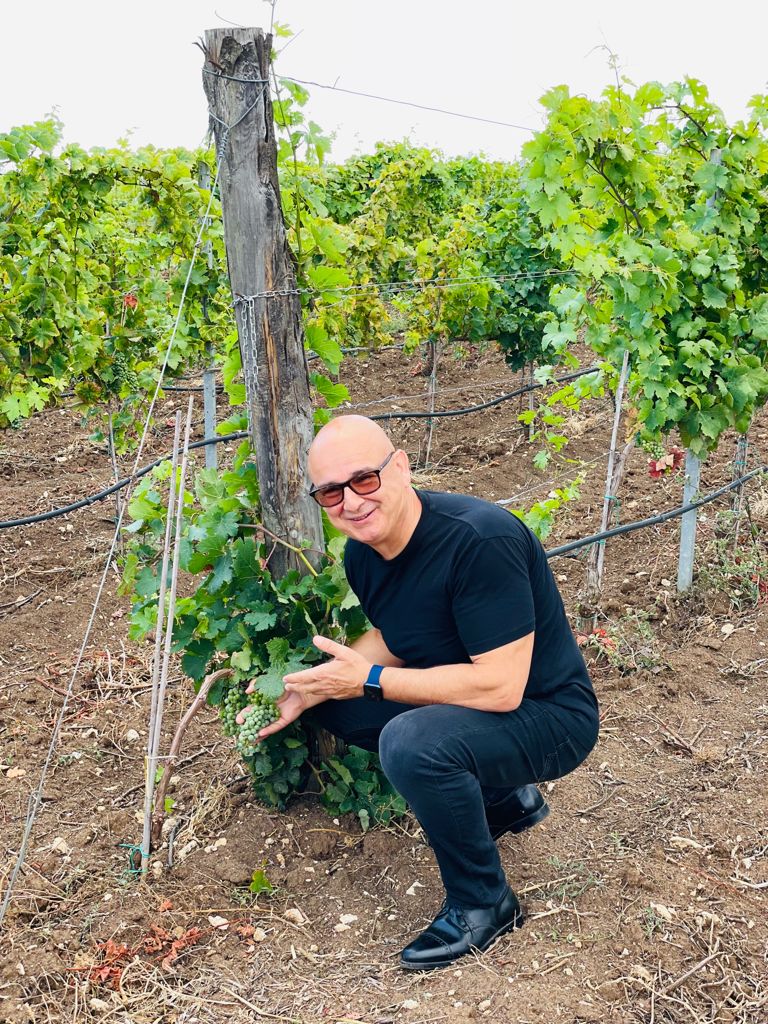The Wolf Post, supported by a Cultural Association, offers a professional service with free access, without subscription.
For this reason, a donation would also be a sign of appreciation for our work.
Nicola Angiuli, co-founder of Francoli USA, is one of the key figures in import/export for the United States. For several decades, the best of Italy’s wine has found space in the New Continent also thanks to Angiuli’s meticulous work, capable of offering not only the classics but also niche wines as he himself explains here.
The wine importer is a key figure in keeping the sector market thriving. Let’s find out more about this fascinating profession from the words and experience of Nicola Angiuli!
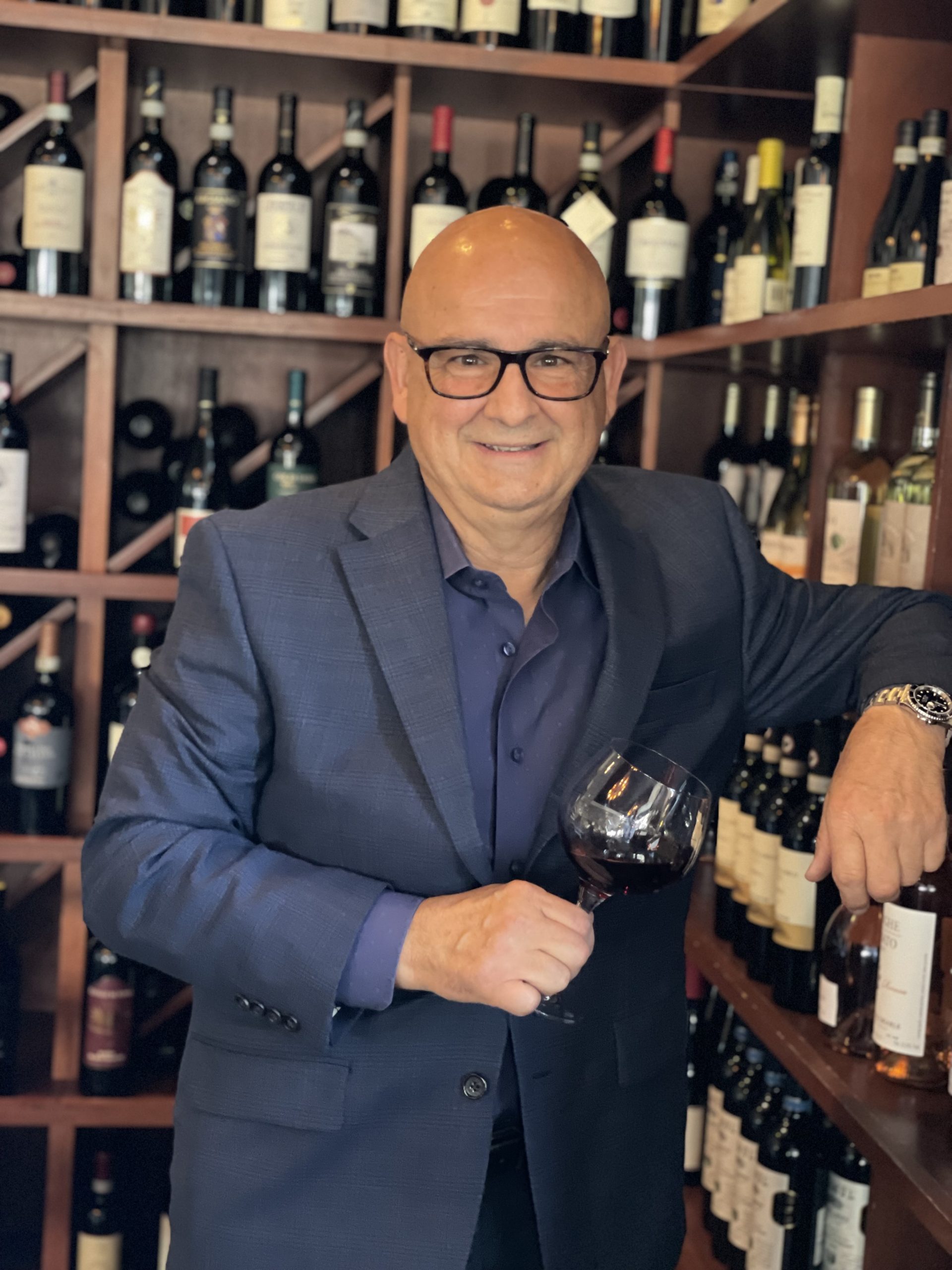
© Nicola Angiuli- FRANCOLI USA
The wine market exerts a strong attraction and there are many, especially among young people, who want to pursue a career like that of the importer. In the collective imagination, the importer is a powerful figure who can significantly affect the success of a company abroad. In particular, in the wine sector, a label becomes a winner if presented by a capable importer. A rewarding job that requires knowledge, study, communication skills and more. What advice would you give to those who want to approach this profession?
What you need, first of all, is the knowledge of the products you want to import. If you decide to import Italian wines you need to know almost or every type of wine that is produced in all regions. How that wine is produced but also the exit price to the consumer because this affects the import so much. It is also necessary to understand how the main buyers of the product work, as regards wine in the United States, the reference is to restaurants, wine bars and chains.
Furthermore, it is important to take the first steps, starting to work with a firm or even several firms in the sector, whether with a small importer or with a large importer. With the big importer you begin to understand how prices are set, what kind of marketing should be used, what margin should be given to a shop or to the distributor. You have to learn how to work with distribution agents and the various factors that affect the job. Each state has its own rules and license and a good importer must know and be informed. As in Europe, Germany has different rules from Italy but there are similar community rules, the same is true in the United States: in California you must have a license for wine and beer and a different license for spirits, while Pennsylvania has only one license but it is a Control State, which means that alcoholic beverages must be authorized by the state, sold to it and then the state resells them locally. Another fundamental difference with Europe is the dissimilarity between the figures of the importer and the distributor: an importer in America takes care of maintaining contacts with the manufacturer, of looking for distributors, of creating marketing strategies but direct sales to restaurants, wine bars and shops is the responsibility of the distributor.
Of course, basic knowledge is the most important element. A person must already have training on wines, not only Italian but those produced all over the world, in order to know the competition and offer comparisons with other more well-known or more fashionable wines. The studies a person carries out are just as relevant, but they don’t have to stop at graduation. A successful importer always studies new strategies, new markets, new wines. I always study a new distributor before presenting my portfolio to Her/Him in order to understand if She/He is the right distributor for my products, which products he may prefer. It is also necessary to study the public to try to predict what the next fashion will be. An example: twenty years ago, and even more, Asti was popular, now Prosecco is popular. The successful entrepreneur is the one able to predict this change through study and observation. In this work, learning never stops and curiosity and hunger for knowledge are the best basis.
Having said that, I have to add one last thing: the human aspect. A leader, in any field, must be charismatic, yes, but true successful leaders are always people who have remained grounded. We must remember that we are interacting primarily with human beings and not with customers, we must know how to talk but, above all, listen to what others say, always put yourself in the interlocutor’s shoes, not start from the assumption that you are better than the other just because you’re holding a wine seminar.
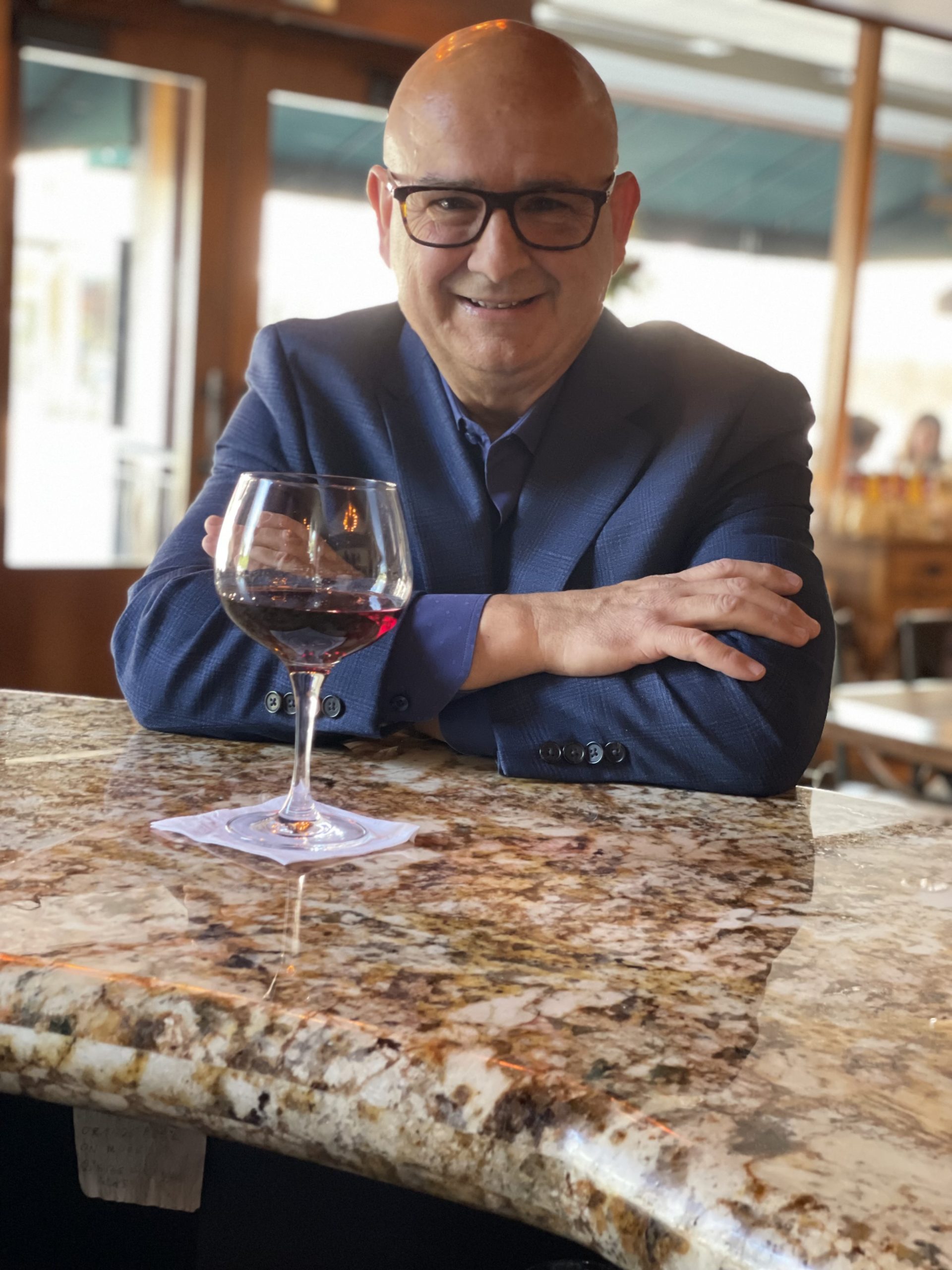
© Nicola Angiuli- FRANCOLI USA
If it is true that wine importers are always looking for labels to be included in foreign markets, it is equally true that, for some companies, especially small and medium-sized ones, it is not always easy to find an importer suited to their needs and, above all, reliable. What advice can you give about companies, perhaps young ones, looking for importers?
We receive thousands and thousands of emails every day from producers who want to offer us their wines and/or spirits but not all proposals are placed in such a way as to capture my attention. The first piece of advice I would like to give is to also ask the importer some questions when presenting your product. In Italy, producers don’t ask enough questions and it’s always me who has to imagine what questions I would ask myself if I were in their place. It seems that once the producer entered the US market, she/he found the dollar on the plant, in reality, this is not the case. The United States is a totally different market from Europe; a very difficult market, taking into account that it imports all the wines in the world, not counting those it produces. There are few manufacturers who really understand import from A to Z, or, as reiterated, at the level of production, distribution, import and at the legal level. What happens if the manufacturer does not ask precise questions and the importer’s answers are not accurate is bankruptcy. A question I would suggest asking is: “How many States does the importer work in?” or: “Is the importer also a distributor or just an importer?”. Another question they never ask me is whether the consumer distribution prices will be national or if there will be different prices depending on the market, or if the Importer has state licenses and in which states.
With these and other questions, a manufacturer realizes what the importer is made of and vice versa. Not to mention that the manufacturer must ask the importer the main question: who are the competitors in the United States of my products? If the importer cannot answer this question, the producer has to look for another importer.
The investment for the company is at least three years long. The plant must grow. Just as you start to put the cuttings and have to grow it in a vineyard, the producer must also come to the States to visit the importer and, then, together, also go to visit certain distributors chosen with the importer. Just as the producer goes to visit the vineyards, she/he must also visit not only the importer but also the various distributors. Alternatively, the manufacturer can set a single target. For example, start growing your product in New York. From there, little by little, this marriage between the producer and the importer begins and, like all marriages, it can be good but also bad. There is always, however, to work together with this marriage to try to make it work and make it grow.
Reviews really help a lot. If a producer contacts me and has positive reviews, she/he starts asking the right questions, then I bet more on that winery. Furthermore, as in any marriage, the most important factor remains the feeling between producer and entrepreneur.
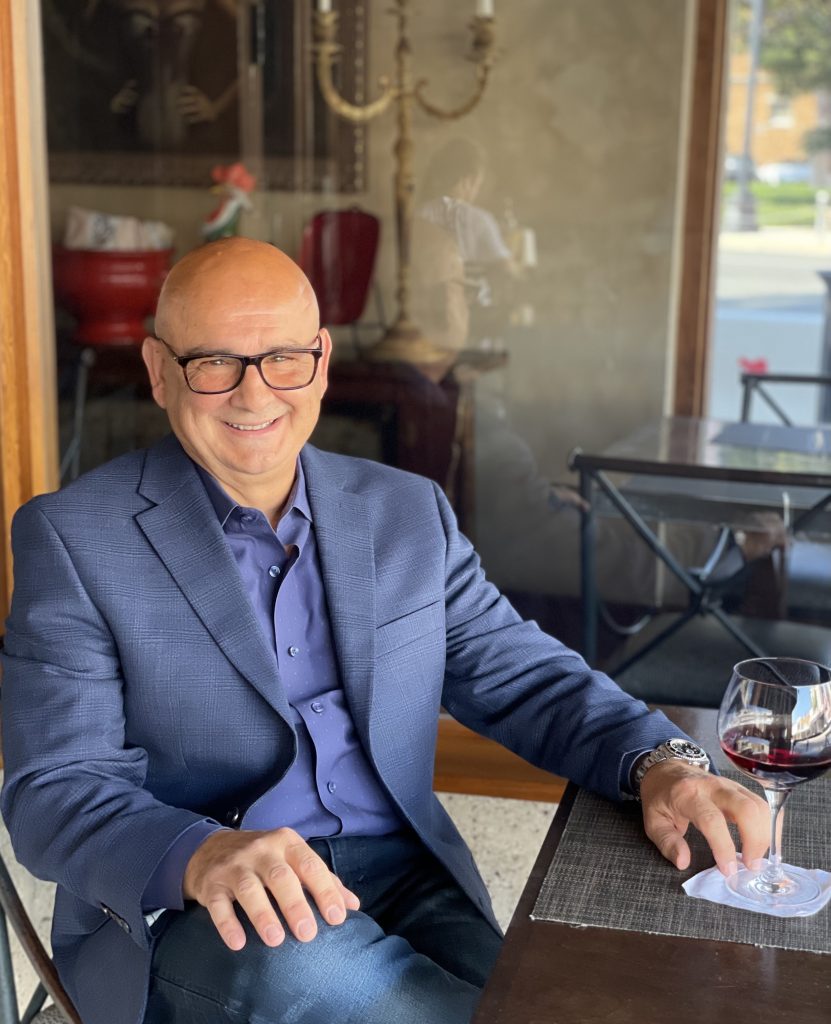
© Nicola Angiuli- FRANCOLI USA
I imagine you receive numerous proposals from companies. In which cases, does it not feel profitable to export a label to the US?
If it does not have good packaging, it is difficult to export. Here, wine is first bought with the eyes. Not the taste of wine but the sight is the first sense that comes into contact with a bottle of wine. I am interested in companies with their own vineyards, compared to those who buy grapes elsewhere. Another discriminating point concerns how the vineyards are cultivated: are they cultivated with organic farming, are they cultivated with eco-sustainable agriculture, does the winery use renewable energy? For me it is very important that the winery is green.
Aging occurs in concrete, steel, wood or both. If made of wood, what kind of wood: American, French? Because each wood has its own taste and combines differently with the various grape varieties. These are the bases from which I begin to study and understand the cellar for a possible selection. Then, of course, I look at the wines that I think will be in fashion or those with good value for money.
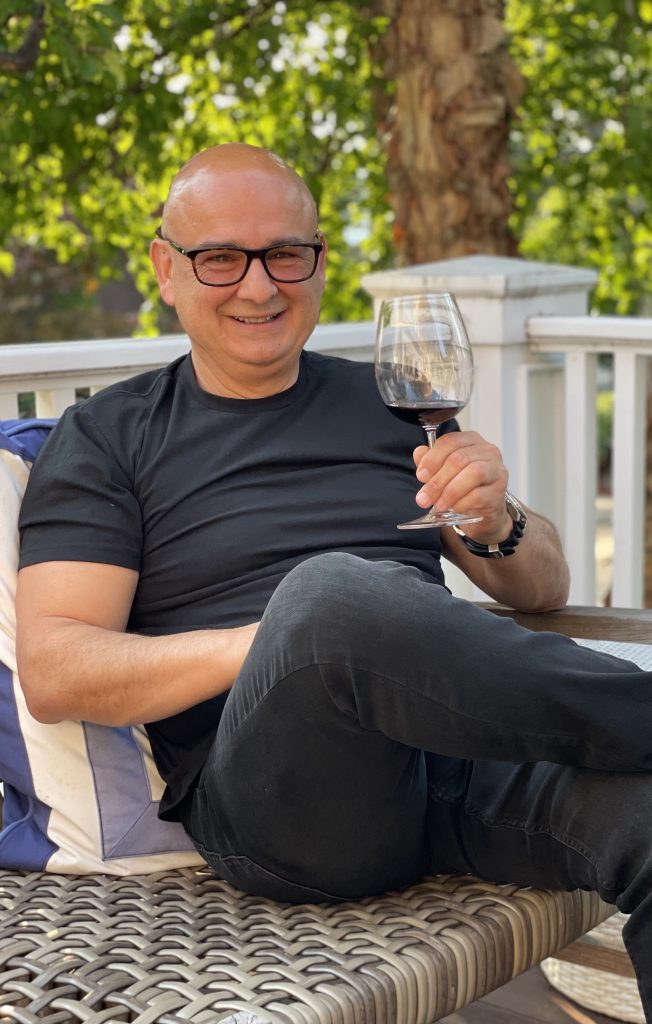
© Nicola Angiuli- FRANCOLI USA
Italian wine excellence is the basis of Francoli USA. Over the course of your career, did it happen to you that you overestimated wines that did not have the expected response in the USA and, vice versa, underestimated labels that turned out to be successful?
This question has often been asked of me. Twenty years ago, I replied that the next grape varieties would be Erbaluce, which grows in Piedmont, and Pecorino, which grows very well in Abruzzo and Marche. Both, not only can also support the wood as fermentation and aging but they are also two very large vines, with which excellent results can be obtained. However, they have never been as successful as I thought.
A wine that, on the contrary, I underestimated years ago was Prosecco. Better this way because in Italy we produce excellent sparkling wines not only in Veneto but also in various regions.
Is there an American state that, more than others, is more interested in your proposals?
When it comes to the United States, one must also understand which states attract the market. An Italian producer must understand that only certain states are important for exporting wine, one of these states is New York, which I personally believe is the capital of the world. It is a city hungry for novelty. New York, Los Angeles, and San Francisco are among the cities that make more fashion than the others. There are also other major cities like Miami and Chicago, which I love. I don’t like the other markets badly. I have many friends in Arizona, Texas, I would move to New Orleans tomorrow and I have friends in almost every state in the United States of America. They are all important markets for me and each state has its strengths and weaknesses: competition in New York, for example, is, to say the least, ruthless, while California suffers from the distance from Italy.
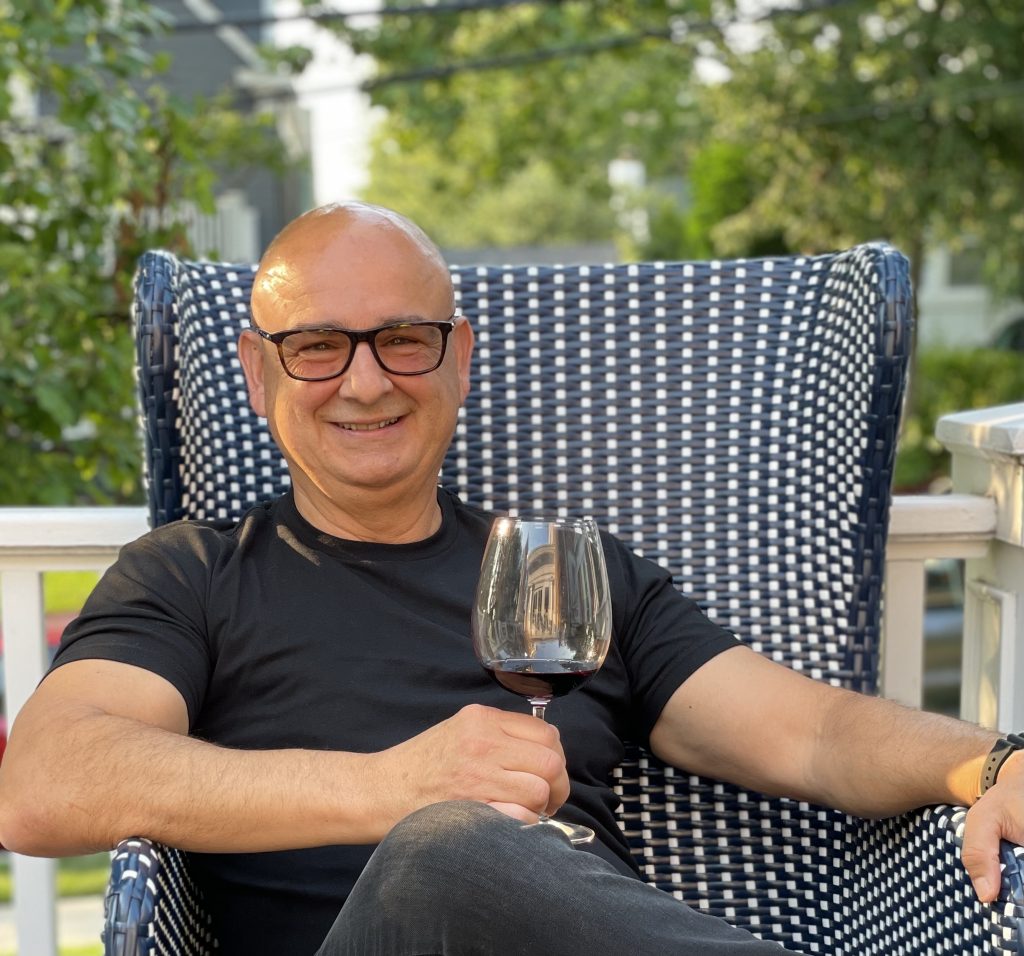
© Nicola Angiuli- FRANCOLI USA
Which Italian proposals does Francoli USA focus on for Christmas 2021 and 2022?
Christmas of 2021 will be a Christmas where I hope we can say that Covid is a bit behind us, both for the vaccine and because we have begun to understand how to live with it. Therefore, I hope it will be a Christmas with which to look forward to 2022 with a smile. We have worked a lot in 2020 and 2021 even if they have been very difficult years. We have worked hard to try to change distributors that weren’t quite the best for some products, starting to work with new distributors in certain states and the results are already coming.
2022 should make us stronger than we were before. Because one thing is true here in America: every time there is a disaster we manage to get stronger. This happened after September 11th, it happened after the market crash of 2009 and it will happen now with Covid. In 2022, we will return stronger than we were in 2019 and will be like our national football team: after not qualifying for the World Cup, they won the European Championship.


